David Attenborough’s Ocean Sheds Light on the Destructive Impact of Bottom Trawling
“We were shocked, it was revealing,” said Toby Nowlan, reflecting on his first encounter with footage of the harmful fishing technique known as bottom trawling, where heavy nets are dragged along the ocean floor.
“While I was aware of the violent nature and destructive consequences of this practice, witnessing the sheer devastation it causes is astonishing. It’s hard to believe that this destruction is taking place even in our protected areas, including the UK,” stated the film producer.
Nowlan’s footage in the documentary Ocean, hosted by Sir David Attenborough, marks a groundbreaking moment as it is the first time filmmakers have captured the effects of commercial bottom trawling beneath the waves. “From above, it’s hard to imagine this is occurring. It has remained unseen until now,” Attenborough explained.
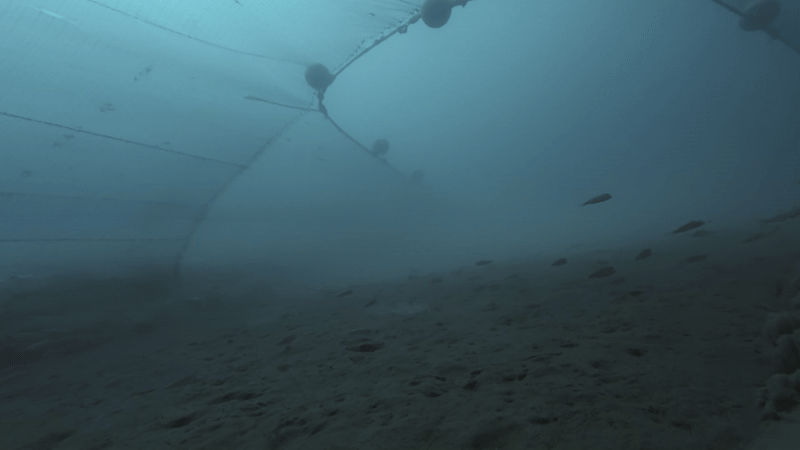
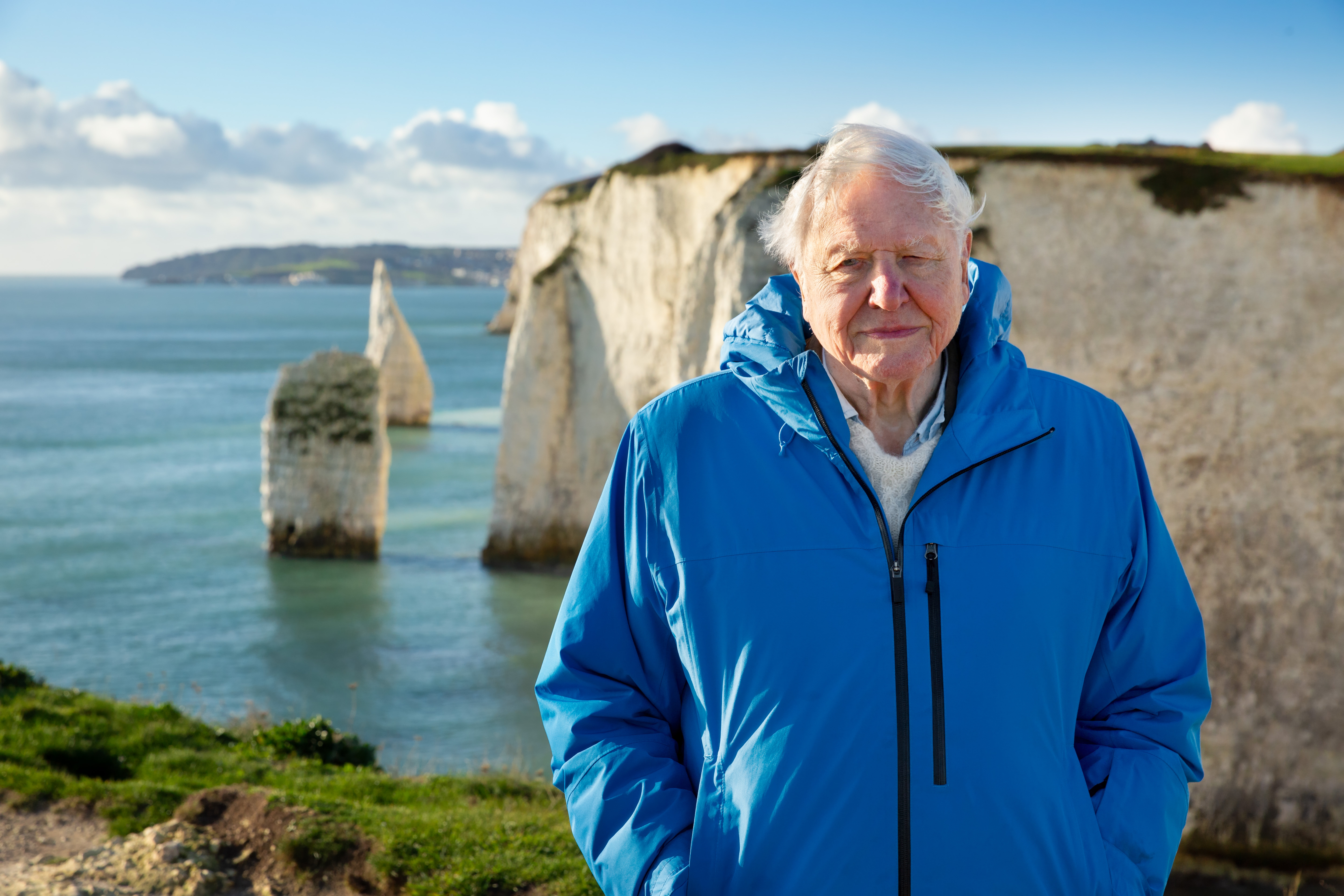
The so-called “Attenborough effect” has been recognized for altering public perceptions on single-use plastics, notably after Blue Planet II showcased its harmful implications, including distressing scenes of an albatross feeding its chicks plastic instead of their natural food.
The footage capturing the impact of bottom trawling could similarly influence consumer choices regarding seafood. “The response has been overwhelming; it’s clearly evoking strong reactions,” Nowlan noted, as the video has amassed tens of millions of views online.
This footage had long been elusive. Operators of trawlers typically prefer to keep these practices hidden due to their controversial nature, compounded by the technical difficulties associated with filming underwater.
This particular scene was recorded on an active trawler off Turkey’s coast, where the crew permitted filming at the behest of the Turkish government, according to Nowlan.
“Illegal bottom trawling is rampant in Turkey and throughout the Mediterranean,” he stated. “They are eager for the footage to spur change and help eliminate unlawful bottom trawling within their marine protected areas.”
Capturing high-quality footage from a fast-moving net in low-light conditions posed significant challenges. “It’s an arduous task due to the depth, darkness, and turbulence of the water,” Nowlan explained.
While standard cameras were employed, the production team at Silverback crafted custom waterproof housings to endure the ocean depths without excessive shaking. The harsh conditions led to the loss of two expensive cameras.
The footage reveals clouds of sediment being disturbed as the net drags across the seabed. Rays and various fish scramble to evade the approaching danger, though many do not succeed.
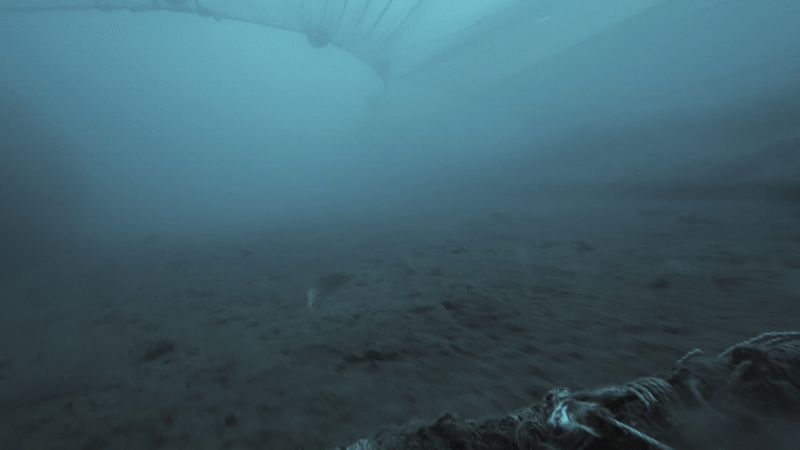
At one point, a tiny striped fish races desperately to escape the net’s grip. “It’s like Nemo trying to survive,” Nowlan commented.
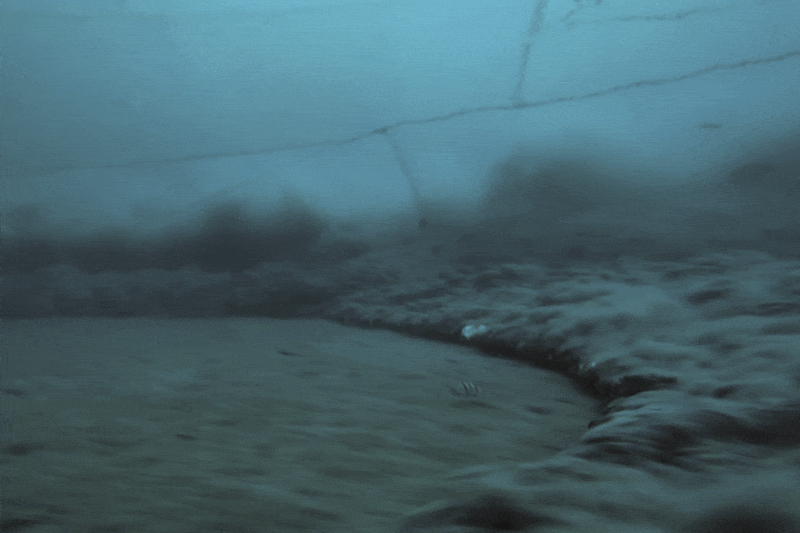
The footage highlights a major issue with bottom trawling: not only does it devastate the seabed habitat, but it also indiscriminately captures various fish species. Despite this, trawlers often target only specific species, leading to the discarding of the rest.
This “bycatch” has previously garnered public outrage, particularly during a 2011 Channel 4 series featuring Hugh Fearnley-Whittingstall.
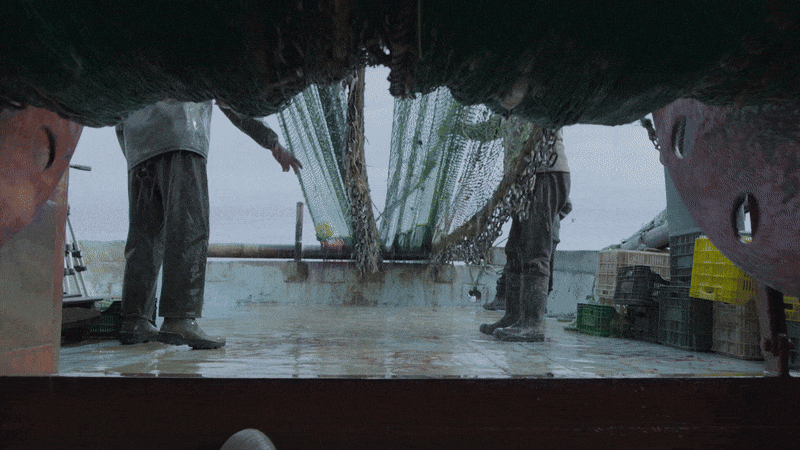
Ocean also showcases footage of scallop dredging near Plymouth, a method akin to bottom trawling, with significant bycatch evident in the film.
The team also documented maerl beds off the southwest of England, which are unique ecosystems formed from calcified pink seaweed.
“When these are trawled, they are destroyed in mere moments,” Nowlan explained.
Within the UK, there are 377 designated marine protected areas. However, bottom trawling is permitted in all except three highly protected zones: Allonby Bay in Cumbria, the North East of Farnes Deep in the North Sea, and Dolphin Head in the English Channel. “If this is what occurs in our ‘protected’ areas, what does protection truly mean?” questioned Nowlan.
The documentary is currently screening in cinemas and will be available for streaming on National Geographic and Disney+ starting June 8, just before the UN Ocean Conference in Nice.
Colin Butfield, director at Open Planet Studios, who collaborated on the film, remarked that there is no sign of Attenborough slowing down at the age of 99, suggesting that Ocean is far from being his final project.
“He’s still active. I visited his home just two days ago, and he was busy with another project,” Butfield shared.
“He possesses an incredible curiosity, and minds like his don’t typically rest.”
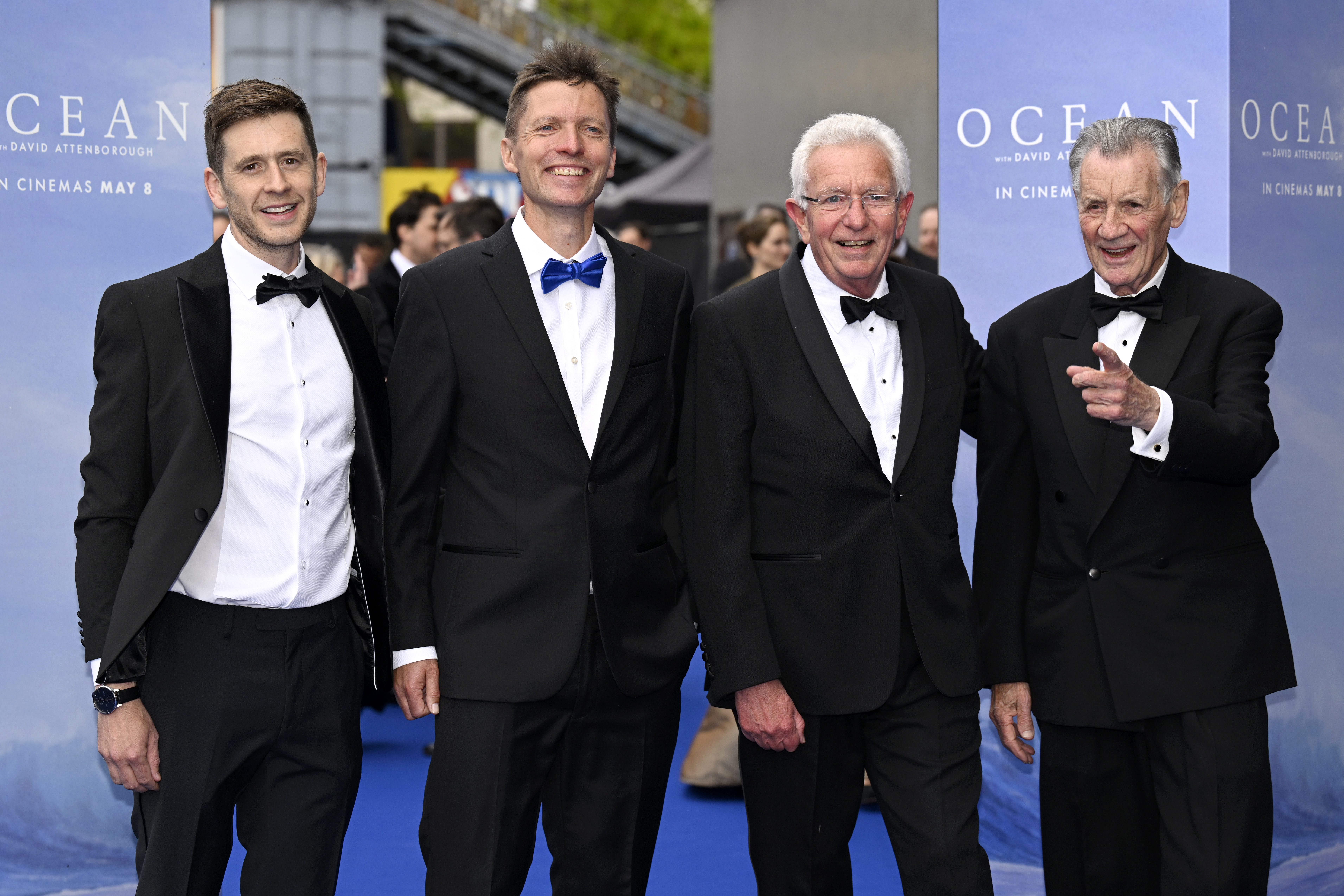
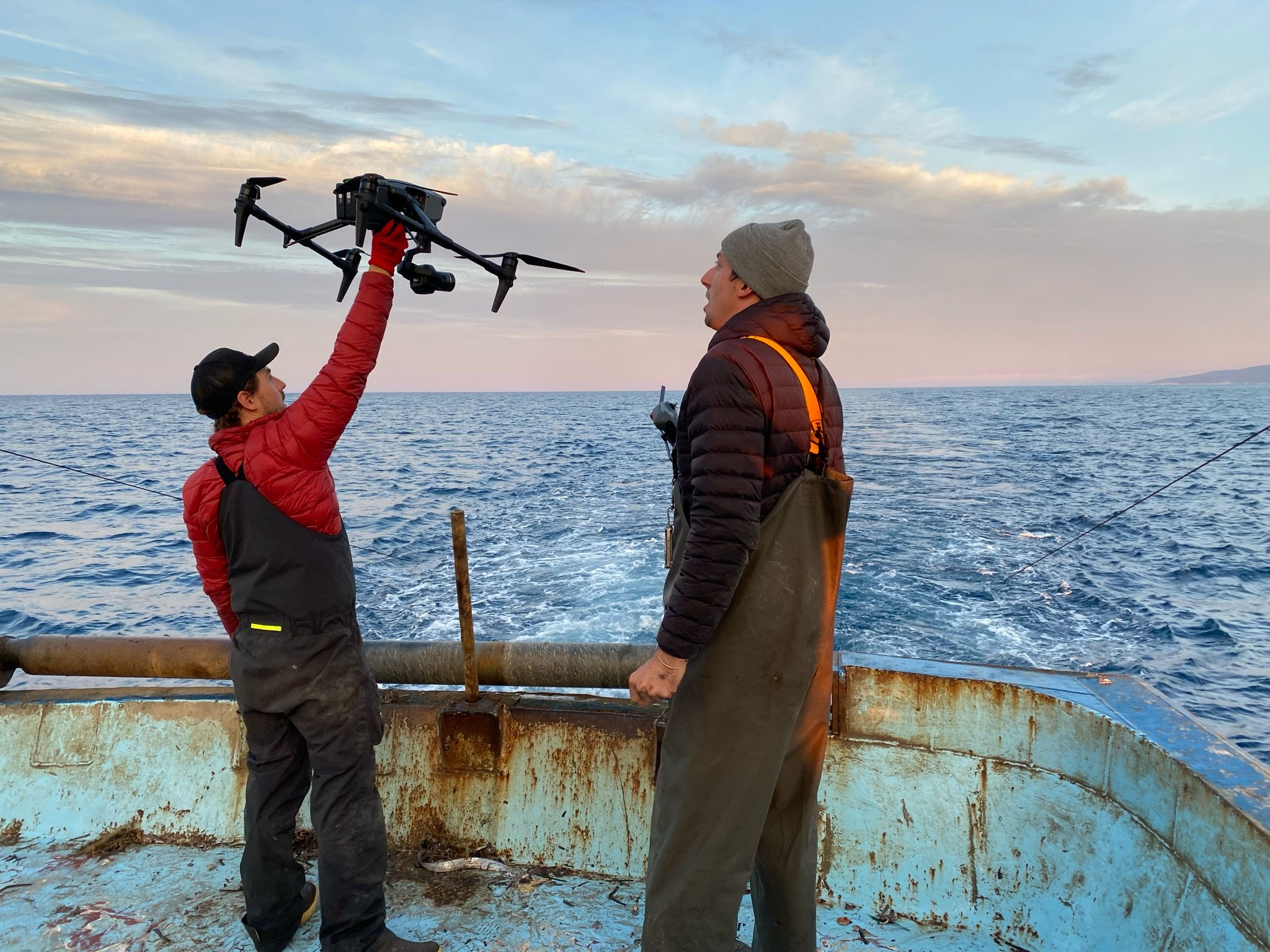
Nowlan is hopeful that the documentary will inspire belief in the possibility of change. “This film is pro-fishing, pro-abundance, and pro-a-thriving ocean. We aim to present these processes in their true light without vilifying any individuals,” he asserted.
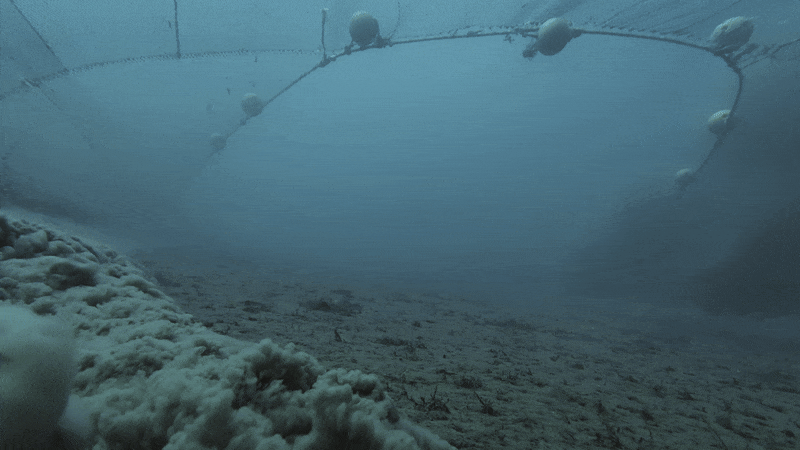


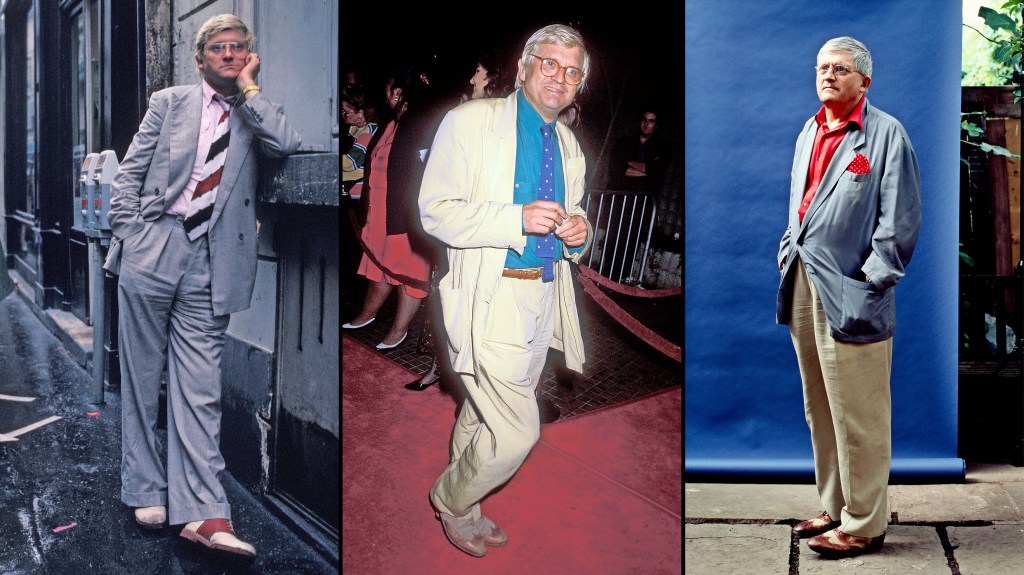
Post Comment